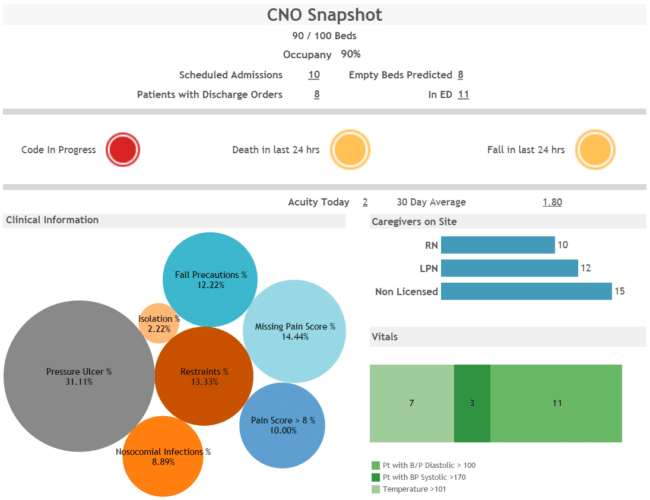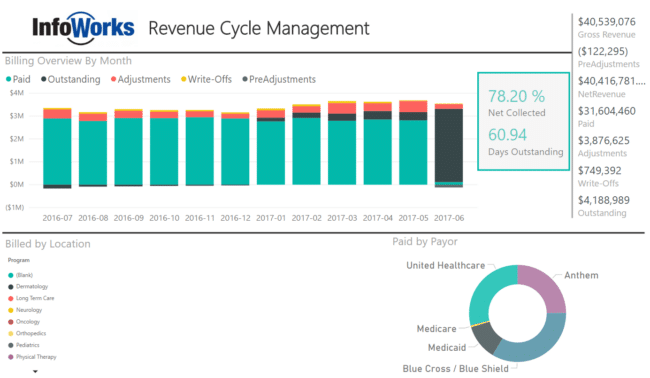Data analytics in virtually every operational industry is increasing. We have access to more information than ever before – and on a global scale. Our capacity to capture and store data is doubling at an exponential (and almost alarming) rate as enterprises in a diverse range of fields navigate through the process of managing huge data sets.
Healthcare Companies Turning Focus to Analytics Initiatives
Like most verticals, healthcare businesses across every specialty are currently tasked with finding the best way to effectively aggregate, analyze, and apply meaning to the big data sets they’ve accumulated over the course of their operations. The ballooning costs of treatments and therapies, the surge in connected medical devices, and the trend of viewing patients as consumers throughout the care continuum has all redirected focus to analytics initiatives. Providers and payers becoming more mindful of costs, coupled with patients increasingly accessing and monitoring their own health information, has made data integration management a priority to optimize cost-efficiency, convenience, and satisfaction throughout the entire patient experience.
Using an Outsourced Provider to Management Your Data Analytics Efforts
As more healthcare leaders recognize the importance of leveraging big data intelligence within their organizations, many are turning to outside providers to help maximize results and ROI with their efforts. Working with a qualified consulting team to implement data warehouse best practices around a provider or payer’s analytics process can deliver several important benefits to a healthcare organization, including:
Clean, Accurate, and Complete Data Sets
The first step in tapping into the information stored in big data sets is to ensure that the stored intelligence is clean, accurate, and complete. A skilled data management provider will develop a customized workflow process that gleans through the existing data to identify documentation gaps, duplications, and inconsistencies to reinforce integrity across the system whenever possible.
Apply New Meaning to Old Data
Implementing a data analytics solution can also help healthcare organizations reassess and qualify old stored data as well. Assessing patient entries from previous systems to establish long-term patterns and trends can help providers forecast future staffing and resource needs.
Address Potential Problems (Before They Snowball)
Healthcare organizations of every size and scope understand that today’s digitally connected consumers expect a positive patient experience throughout their engagement with any given provider. Establishing access to clean, accurate, and complete data sets can help medical facilities identify and address a potential problem before it becomes a larger issue for the organization.
Highlight What’s Working
Beyond recognizing potential performance lapses, a well-executed analytics plan also helps healthcare companies build intelligence on what’s working within their operations. Even a few simple reports can help designate which outreach campaigns are most effective and delivering the best results across their operations. Running analyses on stored data can showcase essential information about a specific patient demographic, including preferred contact method, medication education, and various social determinants. Medical facilities can use this information to improve treatment results as well as better understand where they can most effectively allocate resources, spending, and personnel.
Increase Security Measures
Importantly, implementing a data analytics and integration solution, with robust data governance, in a healthcare system can help keep a steady focus on business intelligence security and compliance. The healthcare industry continues to remain a primary target for cybercriminals on a worldwide basis. Deploying a strategy from a third-party provider who specializes in healthcare needs can help keep information secure and maintain HIPAA regulations and requirements.
InfoWorks partners with healthcare providers and payers to use data analytics to improve workflow, optimizing efficiencies, budgets, patient benefits, and better health. Contact us today to hear more.





